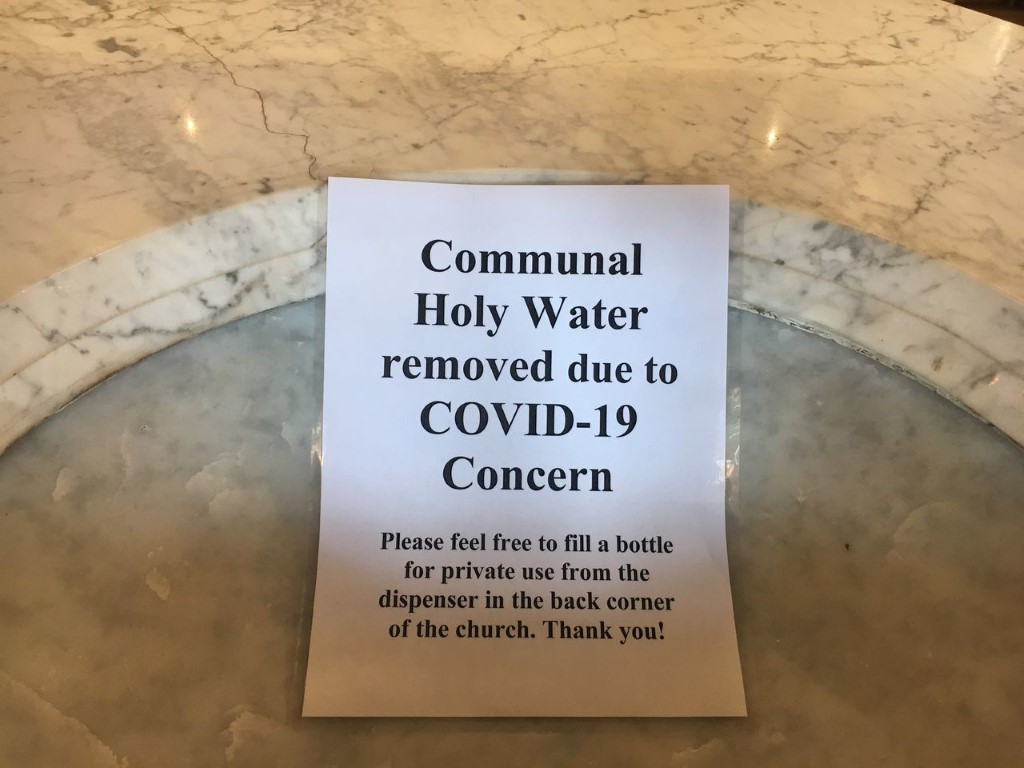
The cycle of intimidation and fear
By Cazzy Lewchuk, Opinions Editor
Ever since rapist Brock Turner’s release from prison—after serving only three months of his six-month sentence—the public outcry has been full of anger and a desire to seek revenge. In addition to the internet think pieces, national coverage, and violent threats against Brock and his family, several protestors have hung out around his house with assault rifles and signs calling for the killing of rapists.
The Turners have spoken up, saying they are afraid for their safety. As many have pointed out, there is some irony in Brock now feeling the fear that victims of sexual assault feel so often. There’s no doubt that rapists are some of the lowest of the low in society, and deserve to be in jail or otherwise answering for their crimes.
Nevertheless, encouraging and threatening violence in response to abusers is wrong, and it happens far too often in society. Fantasies of beating someone up—someone who harmed a loved one or yourself—until they’re screaming or unconscious can be common. When we hear about the sick people who physically or sexually abuse others, the desire for revenge and justice is strong and perhaps even natural.
But a call for violence is a call for violence. Desiring for rapists to be stabbed, beaten up, or raped in prison serves to encourage a culture in which people are stabbed, beaten up, or raped. No one ever deserves these things to happen to them—that’s why they’re illegal and looked down on. When we incite these acts to happen to others, we are creating a cycle of violence and becoming the people we despise.
Brock is a bad person. There is no one to blame for his actions but himself—he deserves nothing but scorn, contempt, and justice for what he did to his victim. We can also feel anger with the judge who served Brock with a six-month sentence. We can speak out against the justice system that regularly blames victims, defends rapists, and frequently punishes sexual assault with light sentences. We can condemn and speak out against Brock’s father for defending his son (“20 minutes of action”) and the larger rape culture he echoes. It’s no wonder young men like Turner continue to believe this sort of behaviour is acceptable.
It’s easy to desire revenge and off-the-cuff justice with the amount of scumbags in the world. It’s a lot harder to have faith in the justice system and struggle with the reforms needed. In a perfect world, no one would ever have to linger outside a rapist’s house—because they would all be in jail, where they belong.
We must all operate within the law when dealing with fellow human beings, no matter how awful they may be. It’s only there that we can find common ground and justice. Otherwise, we run the risk of anarchy and sinking deeper into the cycle of violence.

